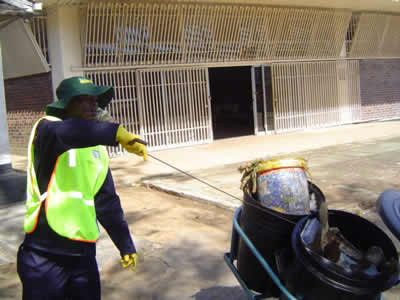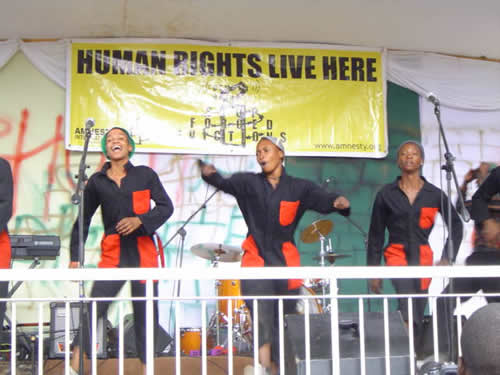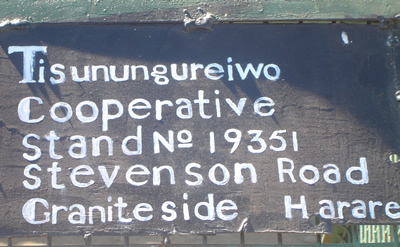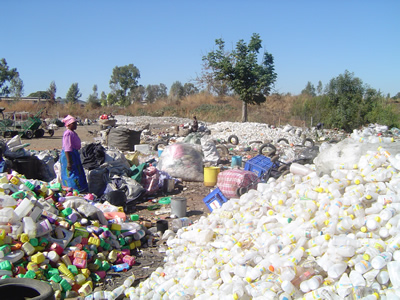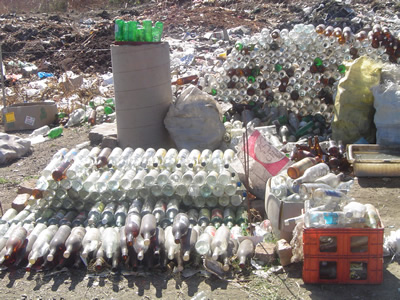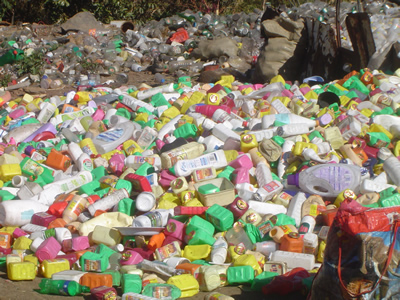Food for thought on HIV/AIDS
Thursday, March 15th, 2012 by Elizabeth NyamudaIn 2005, a march organised by Women and AIDS Support Network (WASN) to protest against the government’s slow work towards normalising the availability of ARVs led to their arrest. They had managed to mobilise people living with HIV/AIDS, children affected by AIDS, affiliated organisations and other interested people to protest outside the Parliament of Zimbabwe. The timing of the march was perfect as on that day, the 1st of December 2005, the then Minister of Finance was presenting his budget. However, the arrest of WASN staff members and others who voluntarily handed themselves to the police did not deter them form continuing to advocate for people living with HIV/AIDS.
Today, nearly six years down the line, such efforts of voicing out have brought about a change in the country with regard to HIV/AIDS related issues. Gone are the days when HIV/AIDS issues were whispered quietly or even associated with promiscuity or prostitution. It is through the work of organisations like WASN and others that advocate for people living with HIV, who disseminate information about the disease and those that take a step further to assist children affected with AIDS, mostly orphans, that we see this change.
Speaking at a Food for Thought session at the US Embassy Public Affairs section in commemoration of International Women’s Day, Mary Sandasi, WASN’s director urged the government and the local community to fully support HIV/AIDS programmes and projects before turning an eye to external support. She insisted that the government, through its finance ministry, should increase the national budget allocated to the health ministry. She also said that, as research is so fundamental in the battle against HIV financial support must be given to this area.
As individuals our role to help fight against HIV/AIDS is to get tested and know our status. In so doing those who are infected can go for early treatment and therefore reduce the chances of them being bed ridden and the need for home based care.



